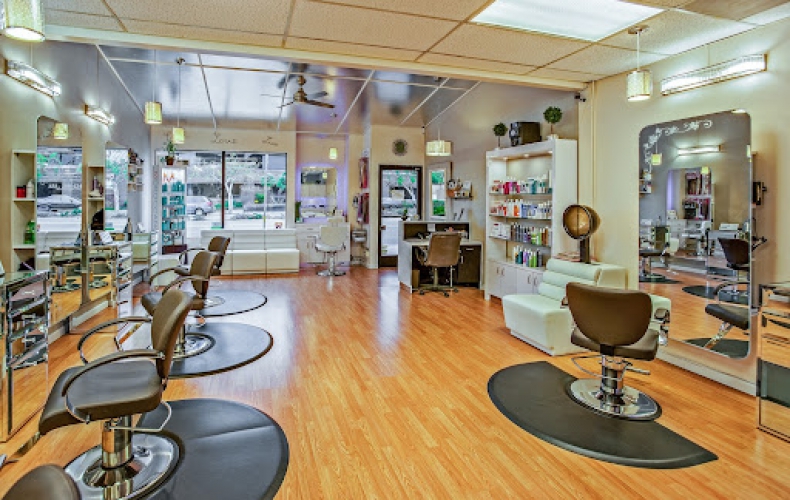Protect Your Salon From Lawsuits

When you’re enjoying the excitement of finally opening your salon, the thought of potential lawsuits will rarely cross your mind. After all, a salon isn’t a cosmetic surgeon – what risks could there be?
You might be surprised to find out that lawsuits against hair and nail salons are fairly common. Salons are often given the responsibility of making drastic changes to the appearance of their customers and may work with powerful or allergenic chemicals. The chances for lawsuits are greater than you might imagine. This piece will explore common salon lawsuits, and give tips on methods to protect your business – from client release forms for salons to hair color consent forms and liability waivers.
Top Causes of Salon Lawsuits
One thing to keep in mind when gauging the seriousness of a salon lawsuit is the customer in question. If you are working with a model or actor, they could argue that their appearance is vital to their work, and sue for a significant amount of money. Some things to watch out for include…
- Allergic Reactions: If a salon patron has an allergic reaction to something in your salon products, they could sue you for negligence.
- Chemical Reactions: Ditto for reactions caused by overuse or improper use of chemicals. This could lead to burning and hair loss. If you think you’ll need heavy-duty chemicals for a client, make sure to warn the client, and have your employees be quick about rinsing them out.
- Unwanted Hair Loss: If you get a little bit too excited with those scissors, you could end up with an unhappy and ready-to-sue customer.
- Incorrect Coloring: This one is more common than you might think! If you don’t get the color right, it can be hard for a client to change, and they might be tempted to get legal.
- Injury: We might not think of a salon as a particularly dangerous place, but slips and cuts are all possibilities, especially when dealing with hair scissors and nail clippers.
- Improper Behavior: Salons involve a lot of person-to-person contact, which can make them risky for improper behavior lawsuits.
How to Prevent Salon Lawsuits
So how can you protect yourself from these kinds of salon lawsuits? The best way is to, of course, prevent a lawsuit from happening in the first place. This means being very careful to communicate with clients and find out what they want and always, always double-check.
It’s also worth it to proactively ask questions about any potential allergies or other complications that the client might have. This can let you avert disaster before it strikes.
Making sure that you are protected legally by liability waivers is the last and best legal defense you can muster. By getting consent from customers and outlining the risks through salon waiver forms you can alleviate yourself of a significant amount of liability.
Covid-19 Liabilities for Salons
One growing liability issue is that of COVID-19. There has already been a slew of COVID-19 related lawsuits targeting salons, though just how effective these are remains to be seen.
The biggest liability danger relating to COVID is a situation where you were aware that an employee or client had COVID and didn’t take action to protect from the virus through cleaning and enforcement of mask-wearing.
It’s vital to research what the current recommendations are for COVID in your area and to be rigorous about enforcing these protective measures. Introducing a COVID liability waiver is never a bad idea either.
What Forms Can Help Protect You?
As we’ve outlined – client release forms for salons are a great idea. You might be uncertain about where to get started with these liability waivers. The following are some ideas to get you started.
- Client release form for Salon: A general level of legal protection against most incidents and potential damages.
- COVID Liability Waiver: Protect yourself from the dangers of COVID outbreaks
- Hair Color Consent Form: Protect yourself from clients who have second thoughts about their choice of hair dye.
- Salon Chemical Release Form: Protect yourself from accidental damages due to the use of salon chemicals.